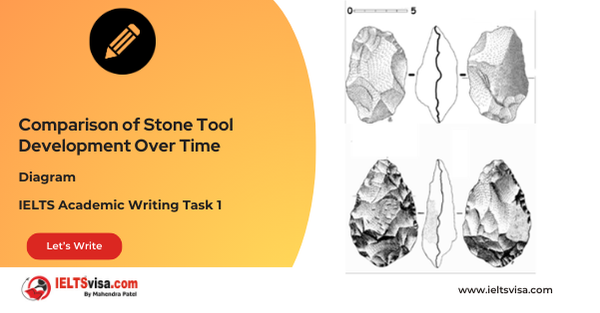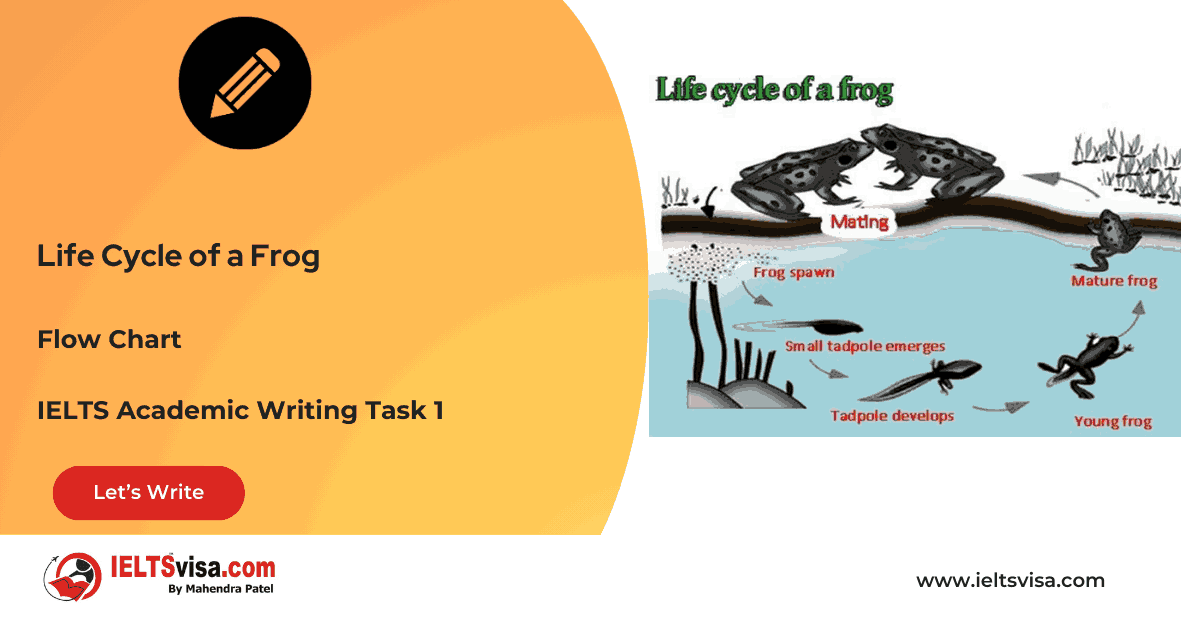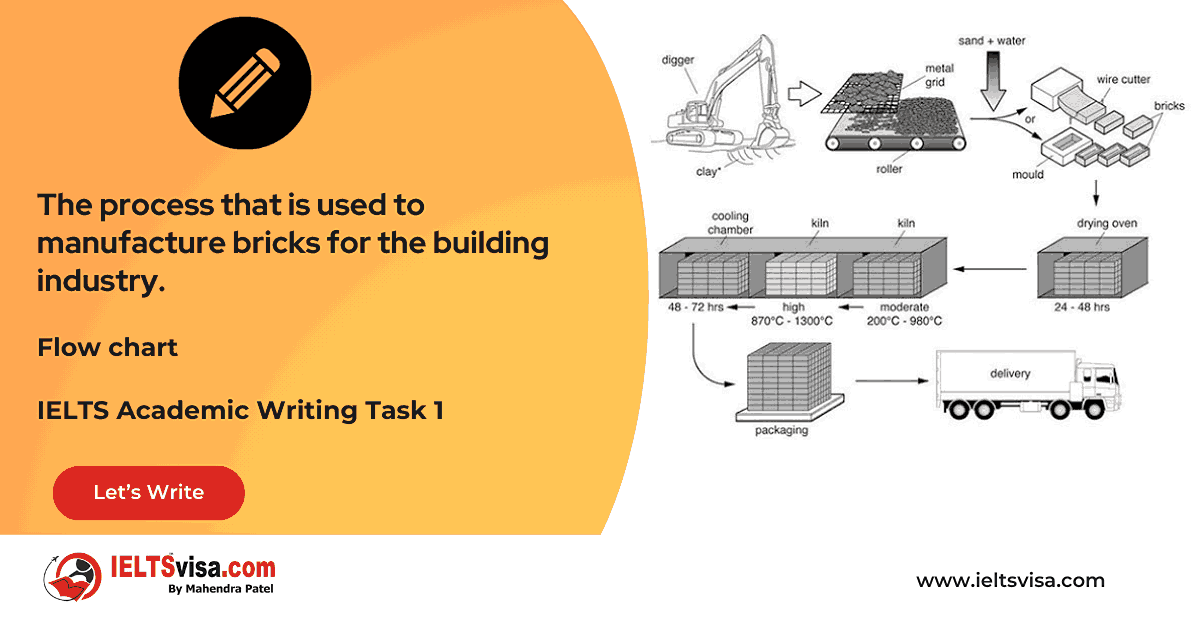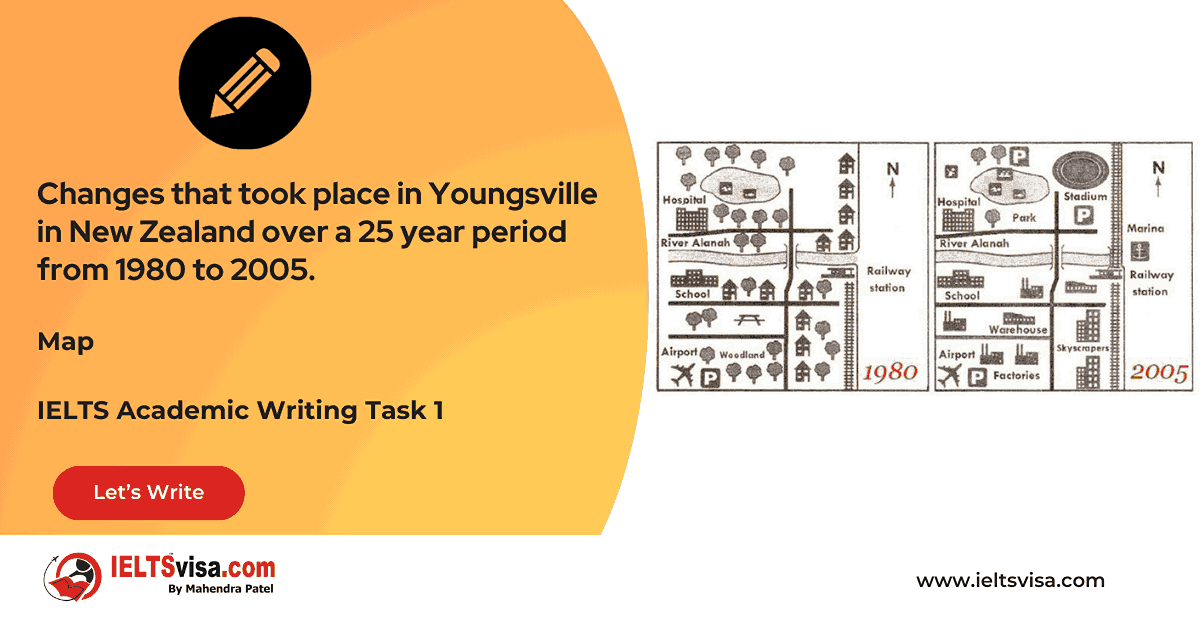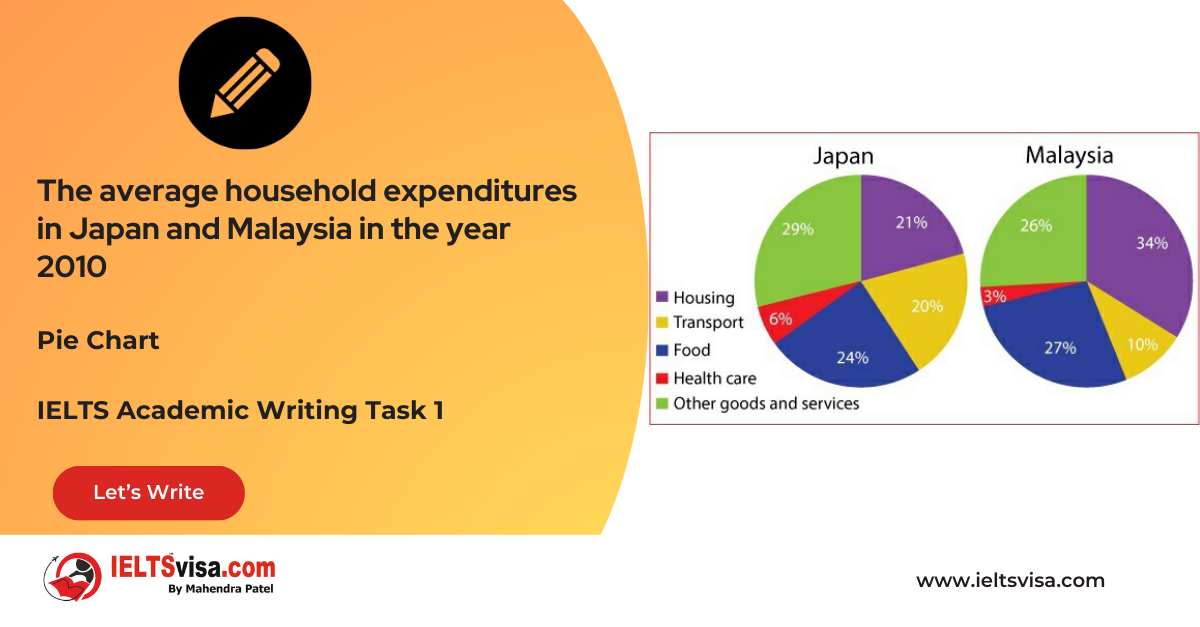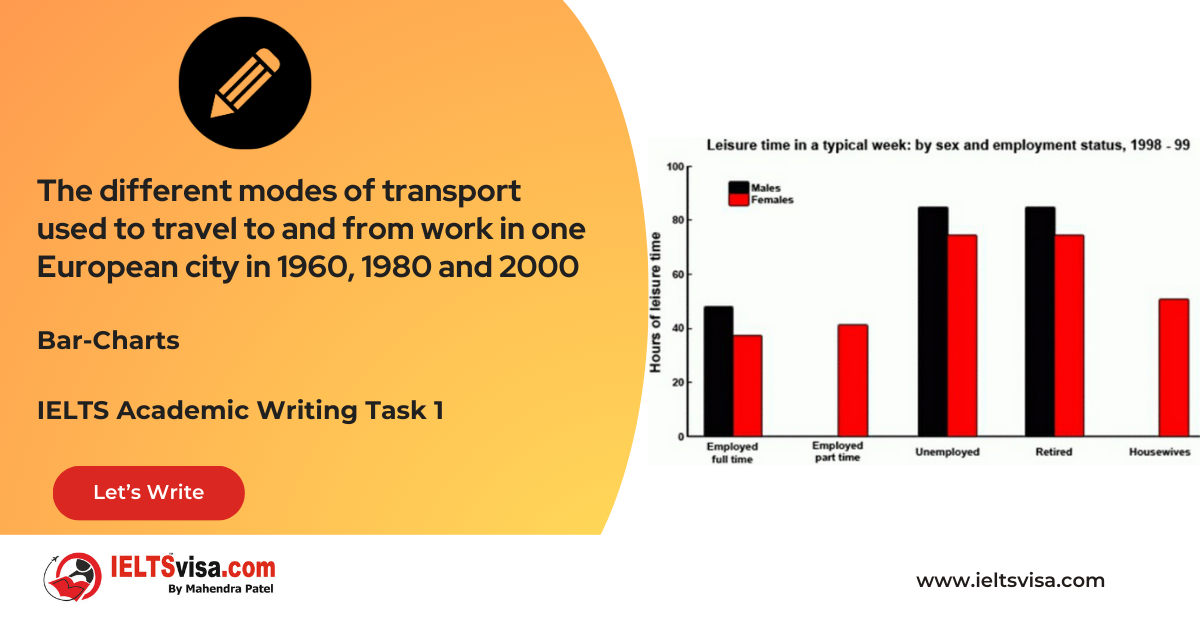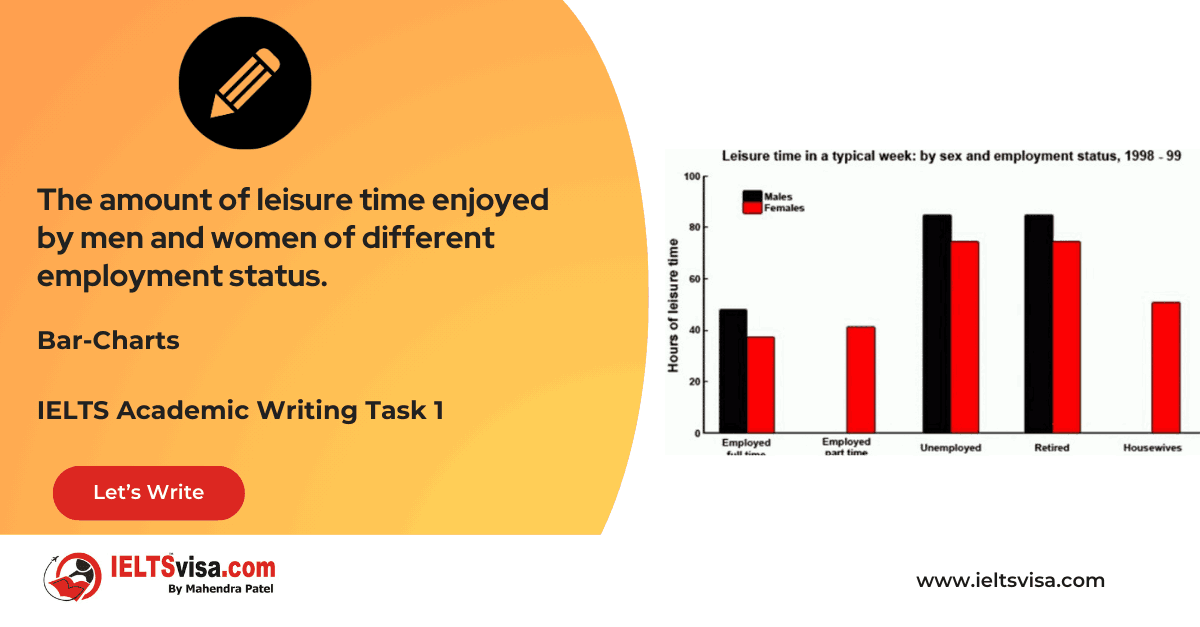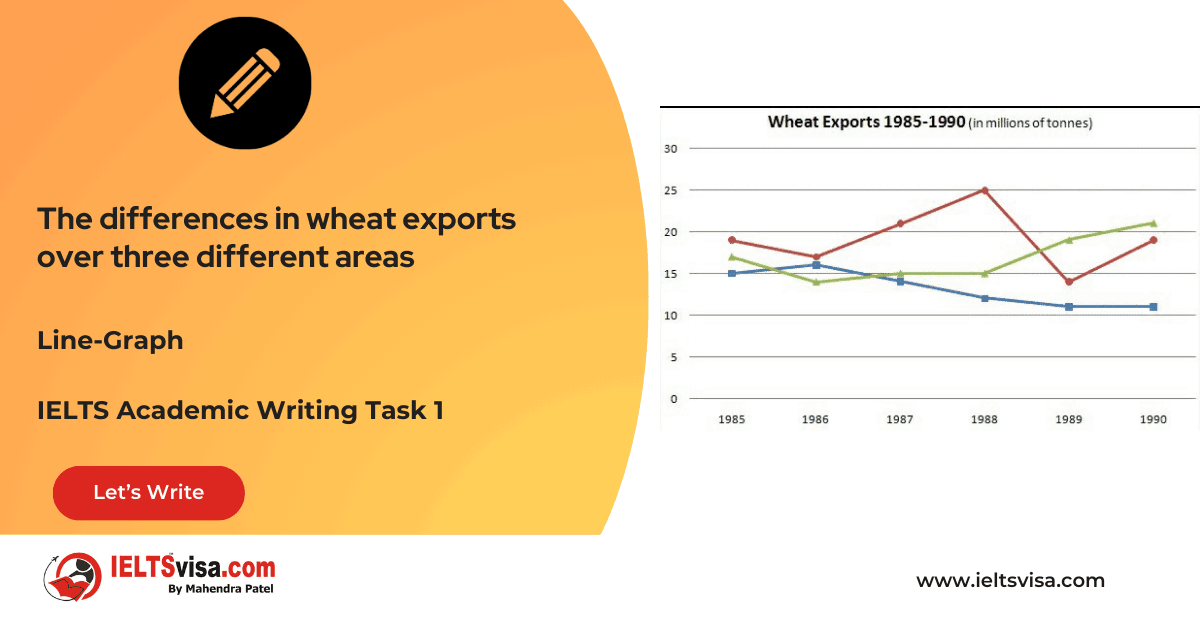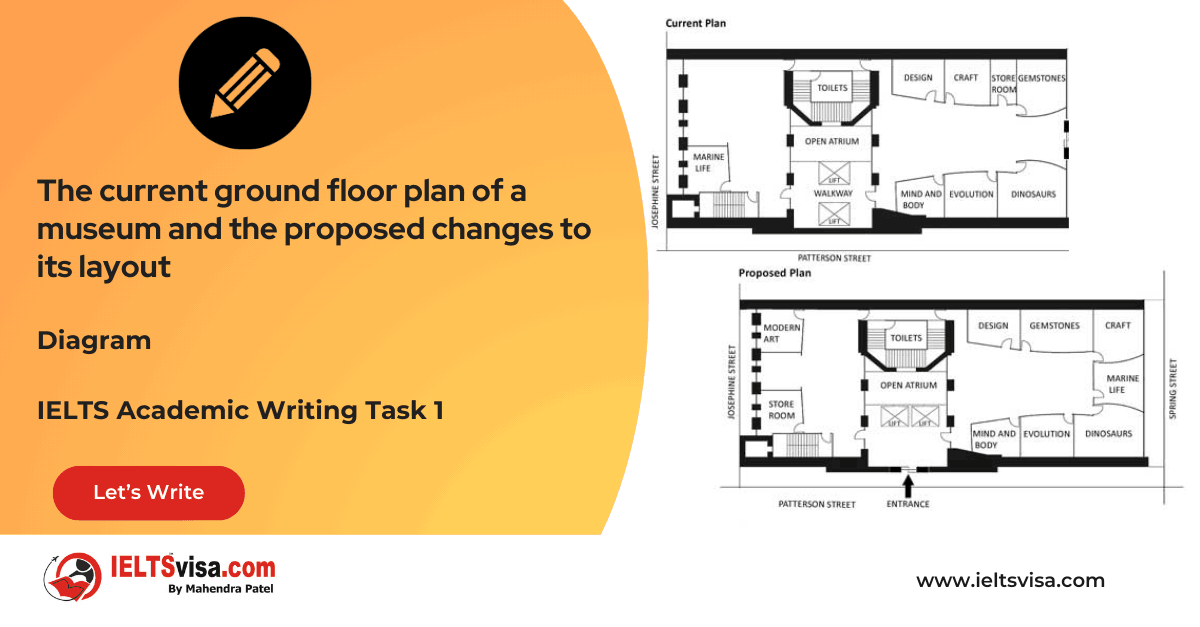Improving Your Writing Style and Skills
Lexical Resource & Grammatical Range and AccuracyIELTS Academic Writing Task 1

The IELTS Academic Writing Task 1 assesses your ability to effectively describe and interpret visual information, such as graphs, charts, and diagrams.
Achieving a high score in the Lexical Resource and Grammatical Range and Accuracy criteria requires a strong command of vocabulary and grammar and an ability to showcase your writing style and skills.
In this article, we will explore some strategies to improve your writing style and skills in Task 1, accompanied by examples and answers to help you excel.
1. Use Varied Sentence Structures:
Aim for sentence variety to enhance your writing style. Avoid using the same sentence structure repeatedly. Instead, incorporate a mix of simple, compound, and complex sentences. Consider the following example:
Original Sentence:
The number of cars increased. The number of bicycles decreased.
Revised Sentence:
While the number of cars increased, there was a corresponding decrease in the number of bicycles.
A compound sentence structure is used in the revised sentence to create a more balanced and sophisticated sentence.
2. Employ Cohesive Devices:
Cohesive devices are words or phrases that help connect ideas and improve the flow of your writing. They include transitional words, pronouns, and conjunctions. Using cohesive devices, you can create a coherent and organized piece of writing. For example:
Original Sentence:
The sales of Product A increased. The sales of Product B also increased.
Revised Sentence:
The sales of both Product A and Product B increased, indicating a growing demand in the market.
In the revised sentence, the cohesive device “both” connects and compares the sales of two products.
3. Vary Lexical Choices:
Avoid repeating the same words or phrases throughout your writing to demonstrate lexical resources. Instead, employ synonyms, antonyms, or alternative expressions. Consider the following example:
Original Sentence:
The price rose significantly.
Revised Sentence:
There was a substantial increase in the price.
In the revised sentence, the word “increase” is used as a synonym for “rise” to provide variety and richness to the sentence.
4. Incorporate Domain-Specific Vocabulary:
When describing specialized or technical information, incorporating domain-specific vocabulary can enhance the accuracy and credibility of your writing. For example, if you are describing a medical graph, using terms like “diagnosis,” “treatment,” or “patient outcomes” demonstrates your knowledge of the subject matter.
5. Proofread and Edit:
After completing your writing, take the time to proofread and edit your work. Check for grammatical errors, spelling mistakes, and clarity of expression. Ensure that your sentences are well-structured and that your ideas are effectively conveyed. Make necessary revisions to improve the overall quality of your writing.
By incorporating these strategies, you can improve your writing style and skills in Task 1:
Example Answer:
Original Sentence:
The graph shows the population growth in the city.
Revised Sentence:
The graph depicts the city’s population’s progressive growth over the given period.
In the revised sentence, a more descriptive verb, “depicts”, and the phrase “progressive growth” are used to provide a richer and more engaging description.
Remember, developing your writing style and skills takes practice. Familiarize yourself with various sentence structures, cohesive devices, and domain-specific vocabulary related to different topics.
Read sample essays and analyze the writing techniques used by proficient writers.
In conclusion, improving your writing style and skills in Task 1 involves using varied sentence structures, employing cohesive devices, varying lexical choices, incorporating domain-specific vocabulary, and proofreading your work.
With consistent practice and attention to detail, you will enhance your performance in the Lexical Resource and Grammatical Range and Accuracy criteria, leading to success in your IELTS Academic Writing Task 1.








Our Books
Master IELTS Speaking Part 1
IELTS Writing Task 1 Book
IELTS Writing Task 2 Book
Practice IELTS Other Modules
IELTS Listening
The IELTS Listening test assesses how well you can understand spoken English in various contexts. It lasts about 30 minutes and is divided into four sections with a total of 40 questions. The listening tasks become increasingly difficult as the test progresses.
IELTS Academic Reading
The IELTS Academic Reading section assesses your ability to understand and interpret a variety of texts in academic settings. It is designed to evaluate a range of reading skills, including skimming for gist, reading for main ideas, reading for detail, understanding inferences, and recognizing a writer's opinions and arguments.
IELTS Speaking
The IELTS Speaking test assesses your ability to communicate in English on everyday topics. It lasts 11-14 minutes and consists of three parts: introduction, cue card, and a discussion based on the cue card topic.
IELTS General Reading
IELTS General Reading tests your ability to understand and interpret various types of texts. Here are some key areas and types of content you can expect to encounter in the reading section, along with tips for effective preparation.
IELTS Academic Writing Task 1
In IELTS Academic Writing Task 1, you are presented with a visual representation of information, such as graphs, charts, tables, or diagrams, and you are required to summarize, compare, or explain the data in your own words.
IELTS General Writing Task 1
In IELTS General Writing Task 1, you are required to write a letter based on a given situation. The letter can be formal, semi-formal, or informal, depending on the prompt. Here’s a breakdown of the key components to include in your letter
IELTS Academic Writing Task 2
In IELTS Academic Writing Task 2, you are required to write an essay in response to a question or topic. Here’s a guide to help you understand the essential elements of this task
IELTS Exam Tips
To succeed in the IELTS exam, practice regularly, familiarize yourself with the test format, improve your vocabulary, develop time management skills, and take mock tests to build confidence.
Grammer for IELTS
Grammar is the foundation of effective communication in English. Understanding tense usage, subject-verb agreement, and sentence structure enhances clarity and coherence in writing and speaking.
Vocabulary for IELTS
Vocabulary plays a crucial role in the IELTS (International English Language Testing System) exam, especially in the Speaking and Writing sections. Here’s an overview of why vocabulary is important and how it impacts your performance
RECENT IELTS SAMPLES QUESTIONS AND ANSWERS
Task 1 – Diagram – Comparison of Stone Tool Development Over Time
20:00 Start Pause Stop [df_adh_heading title_infix="IELTS Writing Task 1 Question" use_divider="on"...
Task 1 – Flow chart -Life Cycle of a Frog
20:00 Start Pause Stop [df_adh_heading title_infix="IELTS Writing Task 1 Question" use_divider="on"...
Task 1 – Flow chart -The process that is used to manufacture bricks for the building industry.
20:00 Start Pause Stop [df_adh_heading title_infix="IELTS Writing Task 1 Question" use_divider="on"...
Task 1 – Map – Changes that took place in Youngsville in New Zealand over a 25 year period from 1980 to 2005.
20:00 Start Pause Stop [df_adh_heading title_infix="IELTS Writing Task 1 Question" use_divider="on"...
Task 1 – Pie Chart – The average household expenditures in Japan and Malaysia in the year 2010
20:00 Start Pause Stop [df_adh_heading title_infix="IELTS Writing Task 1 Question" use_divider="on"...
Task 1 – Bar Graph – The different modes of transport used to travel to and from work in one European city in 1960, 1980 and 2000
20:00 Start Pause Stop [df_adh_heading title_infix="IELTS Writing Task 1 Question" use_divider="on"...
Task 1 – Bar Graph – The amount of leisure time enjoyed by men and women of different employment status
20:00 Start Pause Stop [df_adh_heading title_infix="IELTS Writing Task 1 Question" use_divider="on"...
Task 1 – Line Graph – The differences in wheat exports over three different areas
20:00 Start Pause Stop [df_adh_heading title_infix="IELTS Writing Task 1 Question" use_divider="on"...
Task 1 – Diagram – The current ground floor plan of a museum and the proposed changes to its layout
20:00 Start Pause Stop [df_adh_heading title_infix="IELTS Writing Task 1 Question" use_divider="on"...

